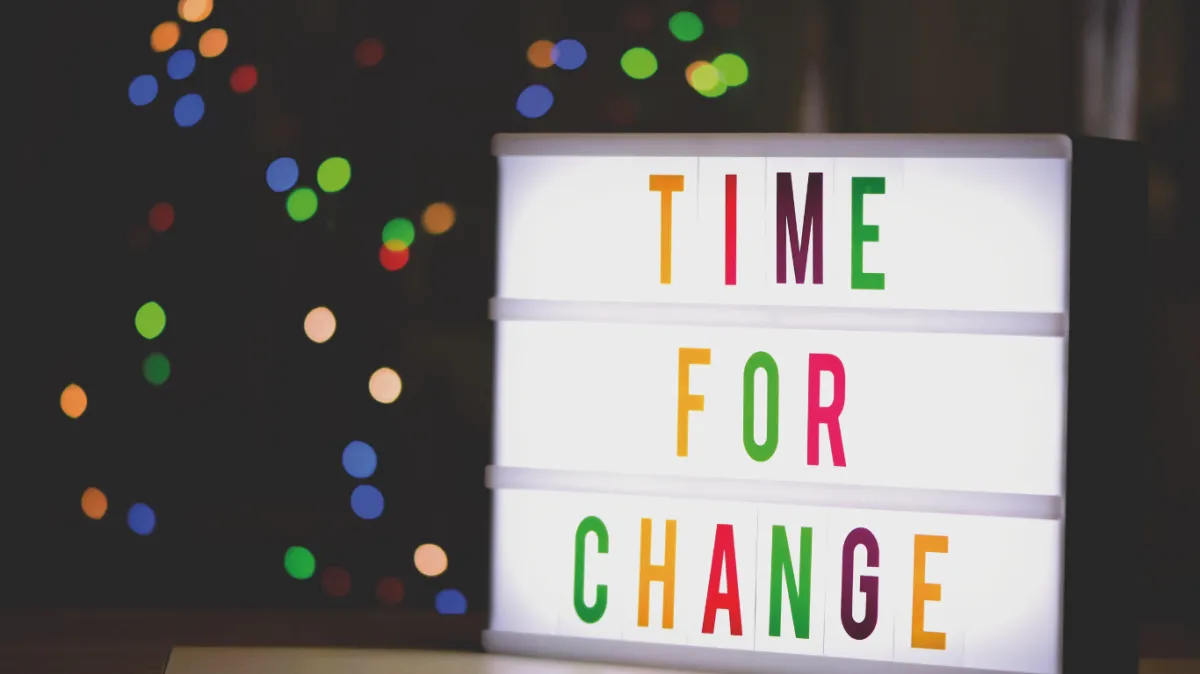
Celebrating Change, Even When It’s Hard
If you’ve been wondering where I disappeared to in June—no blog posts, no emails, minimal social media—here’s the simple and complex truth: we moved. From Long Island to St. Louis. And it was a lot.
To be fair, I’m no stranger to moving. I’ve lived in 30 homes over my lifetime (not including college dorms). I’ve gotten pretty skilled at packing, unpacking, and making a new house feel like home. Not exactly a life goal I was aiming for, but it’s experience all the same.
This move, though, was harder than most. A fibromyalgia flare, getting older, and the sheer emotional weight of transition all hit me at once. I’ve done some challenging moves before—like relocating from Houston to Minnesota with three kids in diapers—but this one may have topped the list.
Still, there’s so much good. We love our new home. The boxes are unpacked, the pictures mostly hung, the kitchen is functional (even if I’m still figuring out where to put the 15 kinds of flour). Most importantly, we’re less than a mile from one of our sons and his family. Getting to be part of our grandkids’ lives on a regular basis is the kind of joy that makes the hard worth it.
We’ve also come full circle, in a way—returning to a city we once called home when our boys were in middle and high school. Old friends, familiar streets, and the sense of being back in a community are grounding.
And yet… change is still hard.
There’s a therapeutic and traumatic element to moving. Deciding what to keep and what to let go of becomes an unexpectedly emotional process. A massive childhood portrait of me—adorable grin, tiny updo, and all—now lives in our new basement because I just couldn’t part with it. My dad passed away last fall, and somehow that photo feels like a connection I’m not quite ready to sever.
The emotional toll of all that decision-making was mirrored by the physical labor of packing and sorting (even with movers for part of it). Then came the 1,000+ mile drive and the real fun: unpacking and reorganizing every single thing.
With two undiagnosed ADHD brains in the house, the process was… interesting. Both strategies are helpful in this process. My husband moves room to room with a plan; I zero in on the kitchen and don’t stop until I can make coffee. That first night, I was in bed by 10 p.m. with the coffee setup ready for the next morning. Victory.
Now, a few weeks in, we’re mostly settled. A few pictures still need hanging. My closet is functional but not organized. Cookbooks are stacked in a corner. Under-sink items are still in boxes. But we’re here. We’re home.
Our new place is nothing like the 2020-built townhouse we left behind. This house, built in 1906 and lovingly renovated, is full of charm. We’re in a walkable, progressive neighborhood across the street from the Missouri Botanical Garden. There are concerts we can hear from the patio, a farmers market around the corner, and local cafes waiting to be explored (once it cools off a little).
And most of all, we have people. Old friends. New neighbors. Family. A community.
Still, as I find myself settling in, I’m also reimagining what’s next. How do I want to spend these next 20 years? What do I want to build here—both personally and professionally—that will serve me and the people I care about?
Whether your changes are monumental—like a cross-country move—or quieter, like the turning of the seasons, I encourage you to pause and reflect. How do you navigate change? Are you moving through it with intention, or simply trying to survive?
Life coaching can help. Especially if you have ADHD, working with a coach can provide the focus, tools, and support you need to move through transitions with more clarity and less overwhelm. I’ve relied heavily on my own ADHD coach and my health and nutrition coach during this time, and I know—without a doubt—that their support made this whole experience more manageable.
So yes—change is hard. But it’s also where growth begins.
Whether you’re navigating a major life transition or just trying to find your footing in a new season, you don’t have to do it alone. Coaching can be a powerful support—especially if you’re neurodivergent or feeling stuck.
If you’re ready to make the most of your next chapter—or even just survive the one you’re in—I invite you to reach out. Let’s talk about how coaching can help you build a life that feels grounded, intentional, and truly yours.
Change is inevitable. But doing it with clarity and support? That’s a choice.